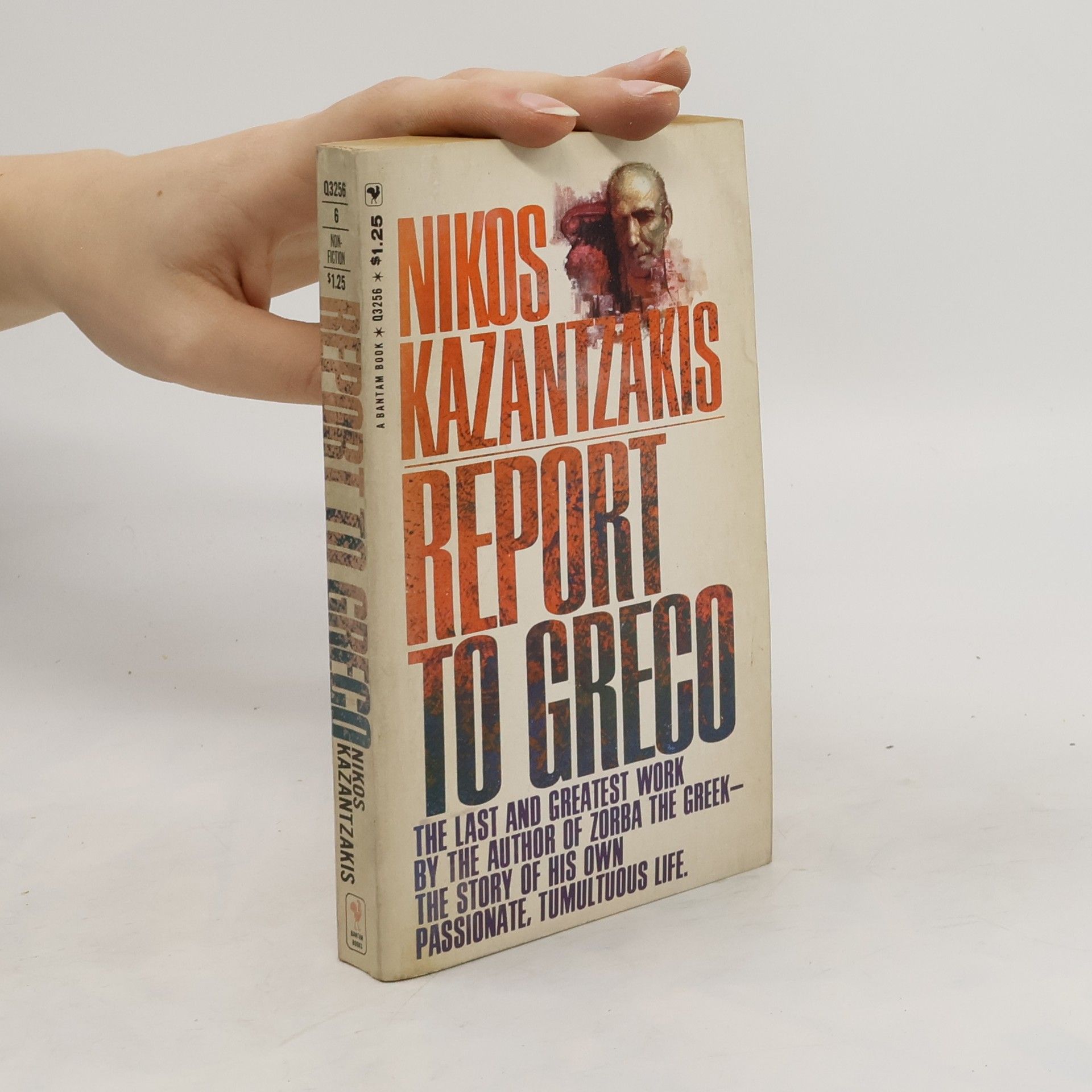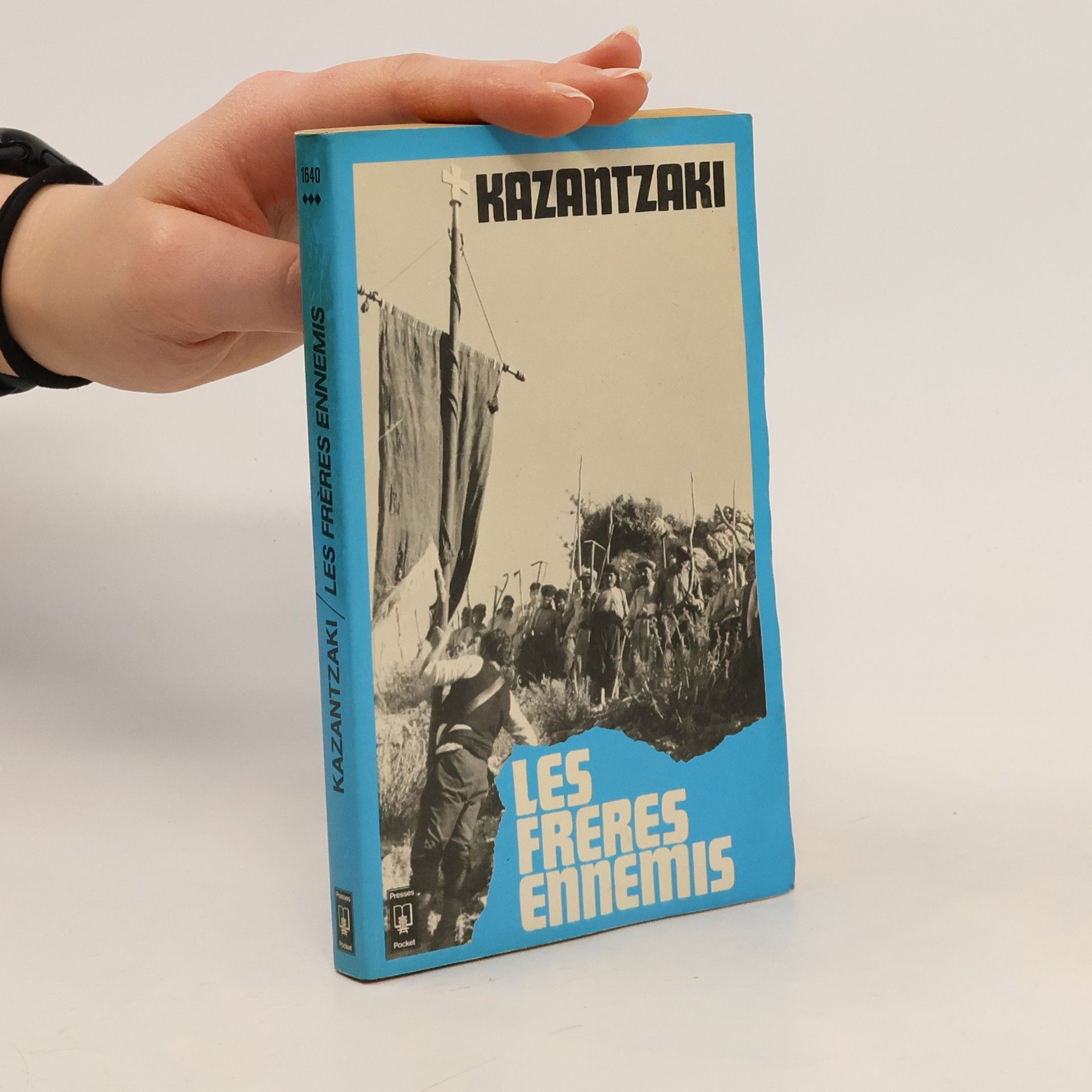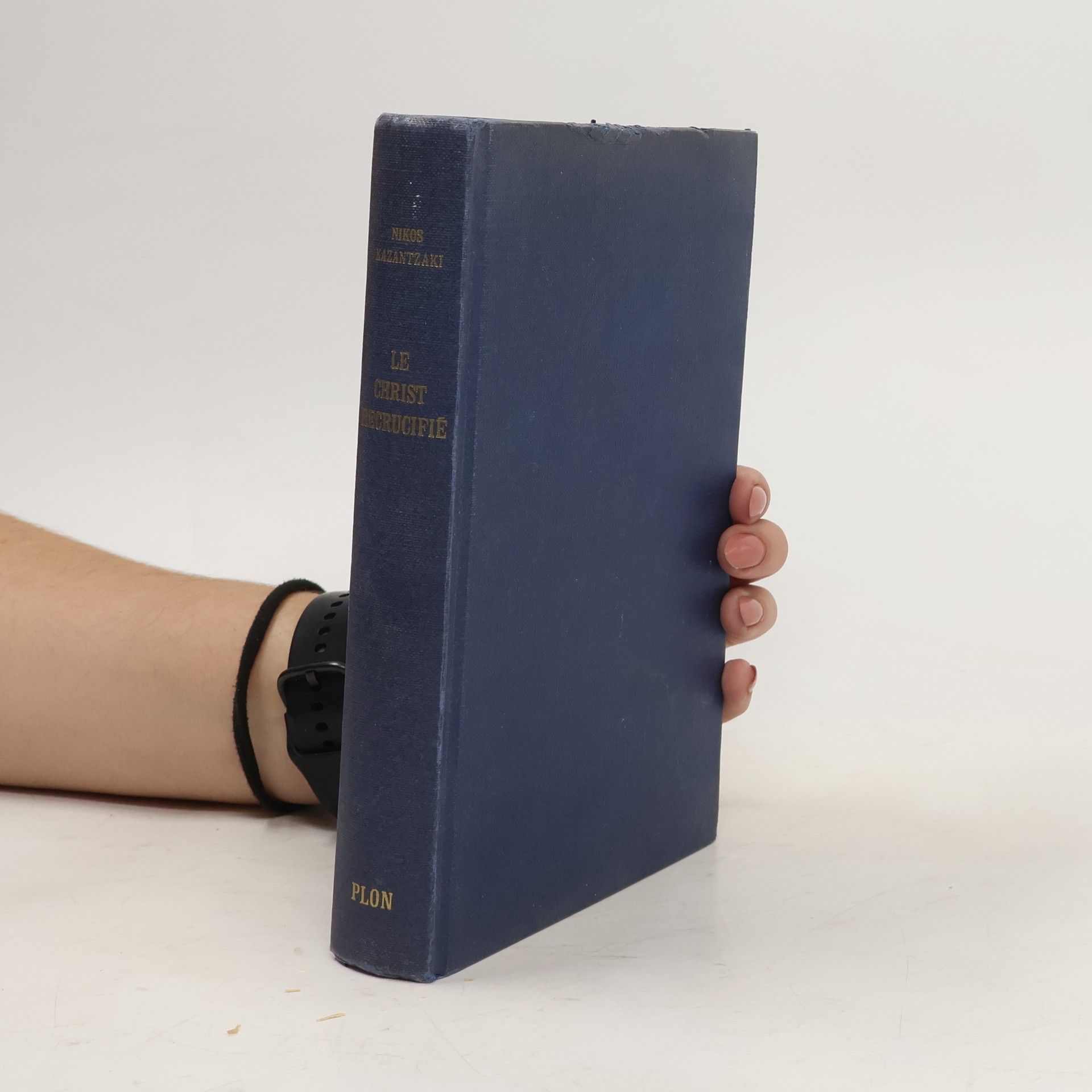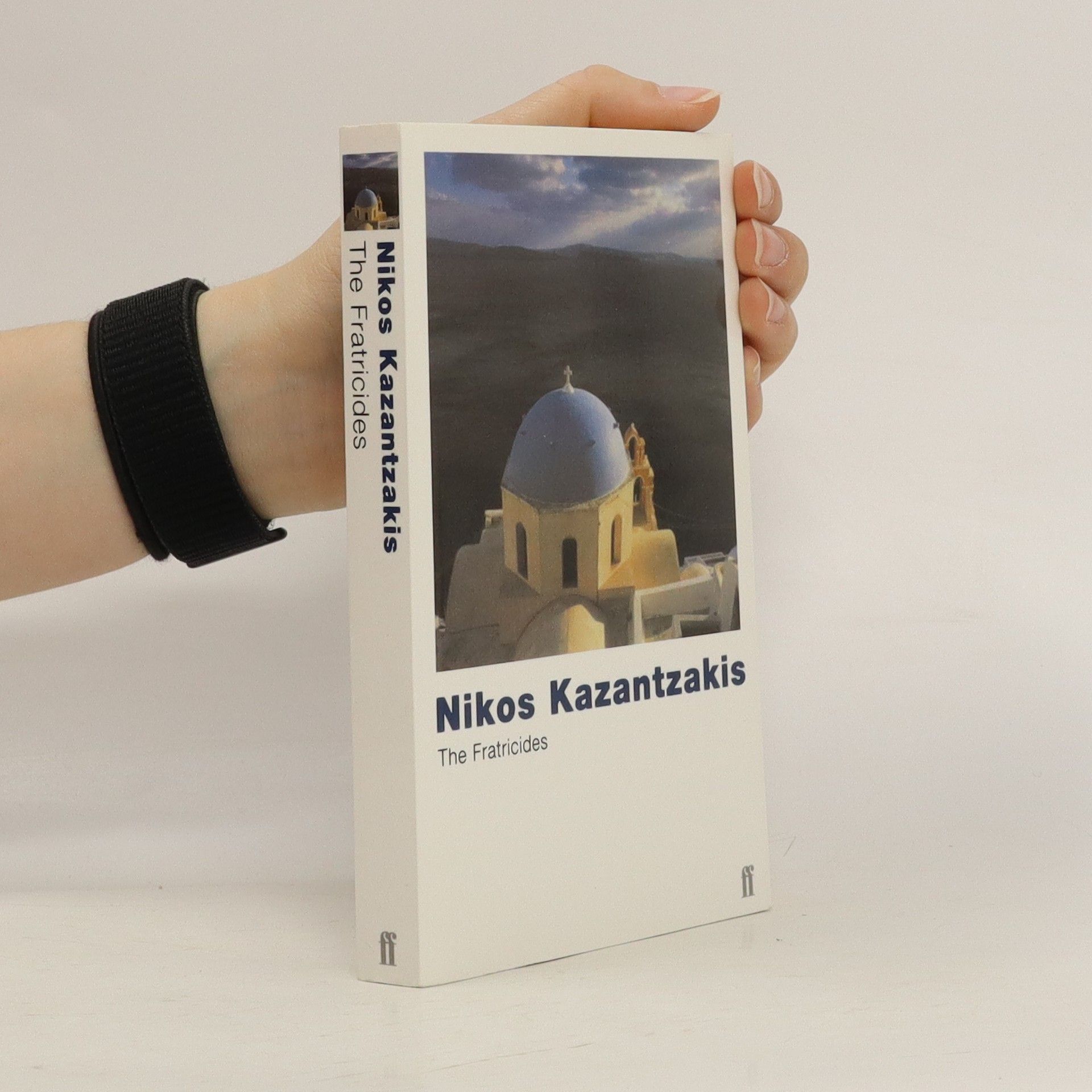Alexis Zorba
- 347pages
- 13 heures de lecture
La rencontre entre Zorba le Grec et le narrateur, un ingénieur : leur amitié, leur voyage et l'échec de leur entreprise crétoise. Une aventure spirituelle et aussi un immense poème, chef-d'oeuvre de N. Kazantzaki








